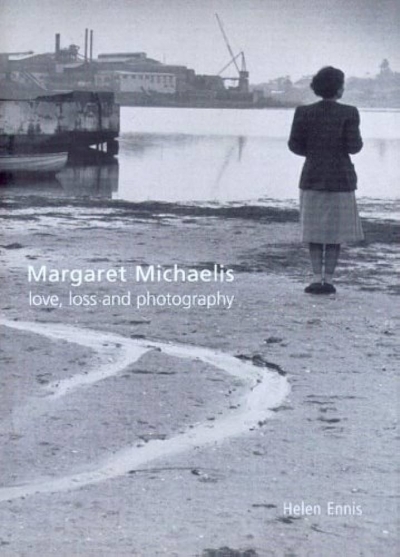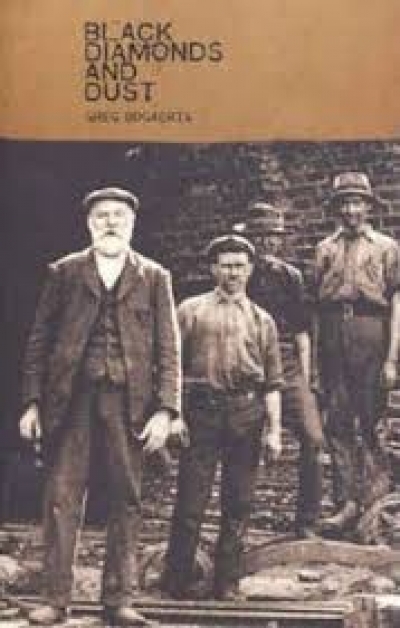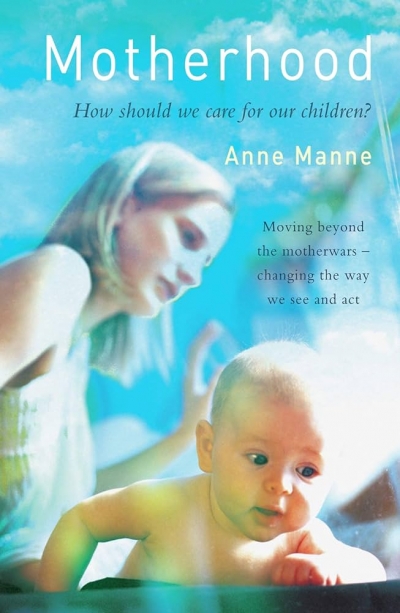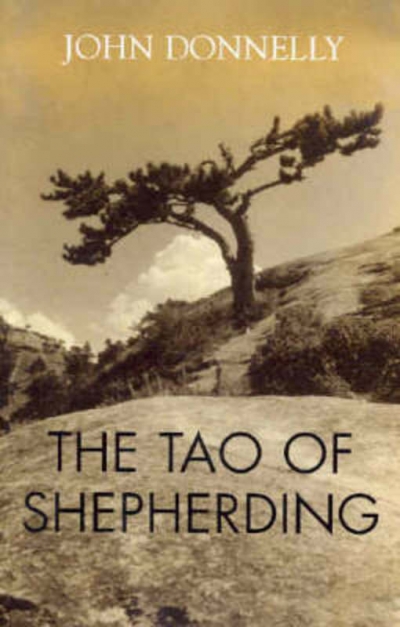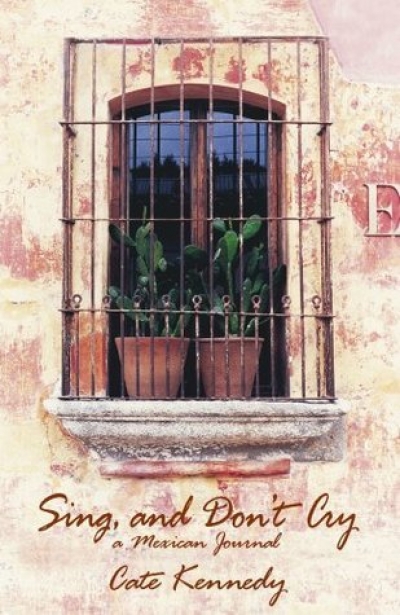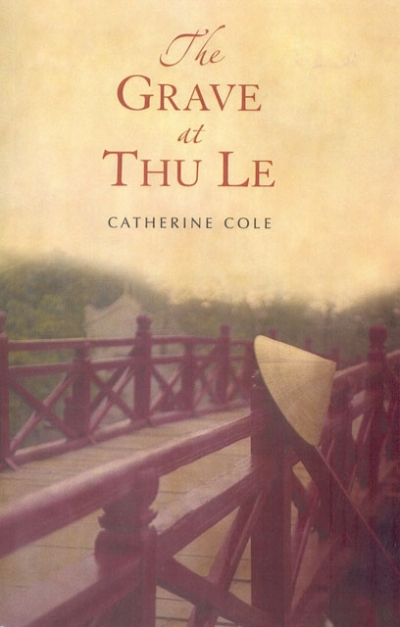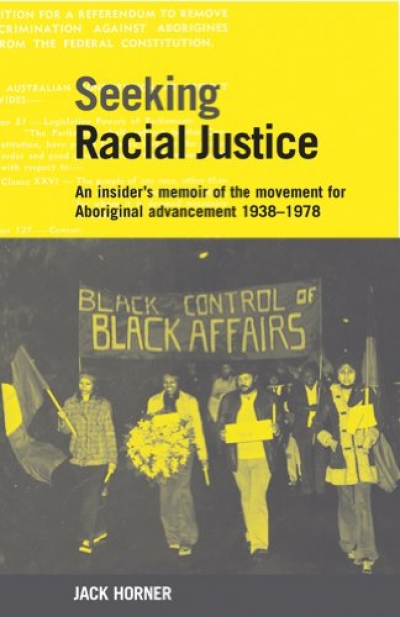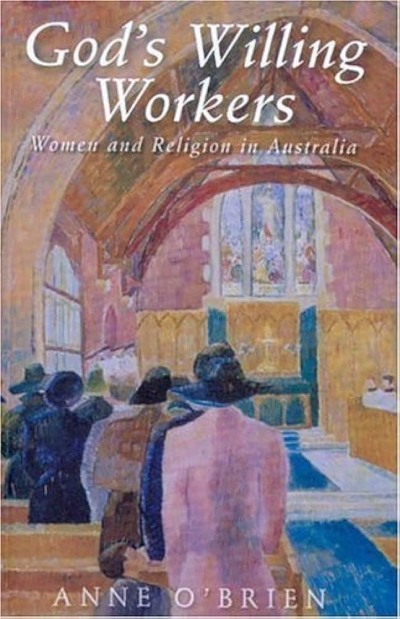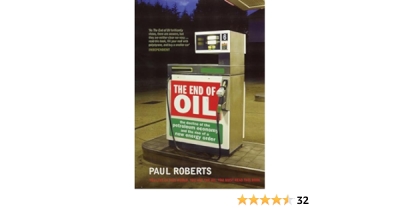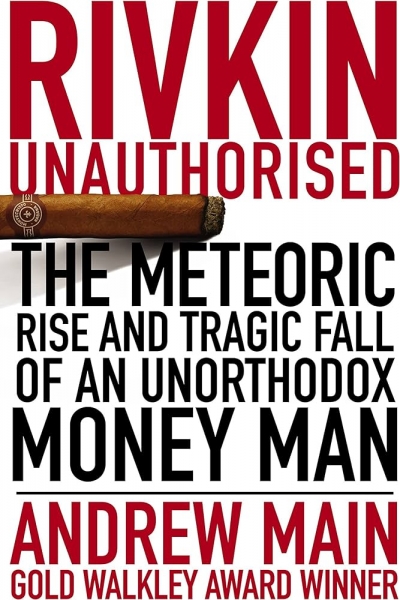Review
Margaret Michaelis: Love, loss and photography by Helen Ennis
by Evelyn Juers •
Black Diamonds and Dust by Greg Bogaerts & Sandstone by Stephen Lacey
by Allan Gardiner •
Motherhood: How should we care for our children? by Anne Manne
by Cathy Sherry •
The Tao of Shepherding by John Donnelly & The Lost Tribe by Jane Downing
by Cheryl Taylor •
Seeking Racial Justice by Jack Horner & Black and White Together by Sue Taffe
by Matthew Lamb •
God’s Willing Workers: Women and religion in Australia by Anne O'Brien
by Pamela Bone •

